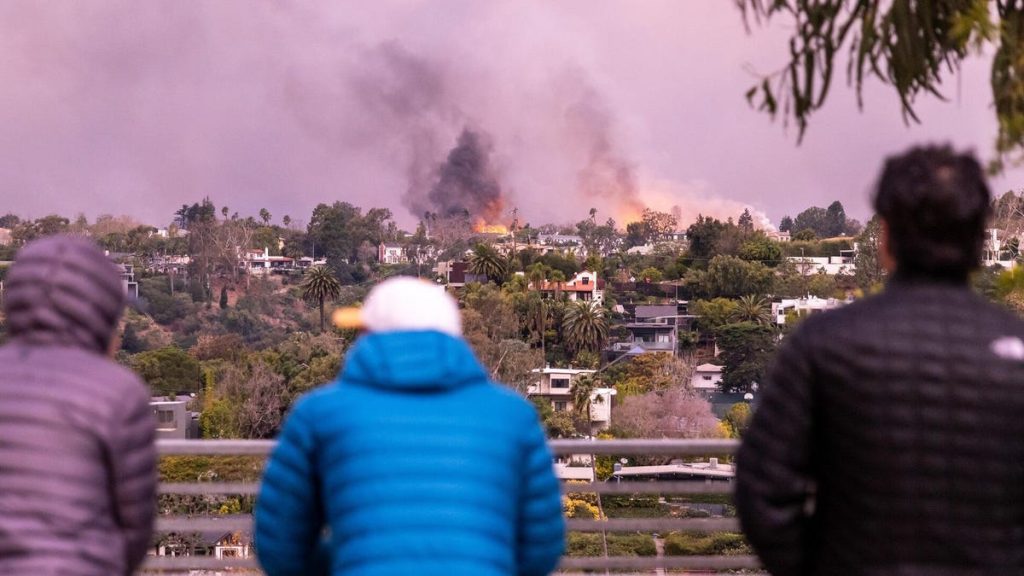The devastating wildfires that recently ravaged Los Angeles, consuming tens of thousands of acres and reducing countless homes to ashes, have prompted a wave of support from various organizations, including internet service providers (ISPs) and telecommunication companies. Spectrum, a regional ISP operating under Charter Communications, has taken a significant step in aiding affected communities by unlocking over 35,000 Wi-Fi hotspots across the Los Angeles area. These hotspots are freely accessible to the public without requiring any login credentials or account creation. Individuals seeking internet connectivity can locate their nearest Spectrum Free Trial hotspot through the company’s website and connect their devices. This initiative aims to provide a crucial communication lifeline for residents displaced by the fires or experiencing disruptions in their home internet services.
Beyond providing free Wi-Fi access, Spectrum has also implemented customer-focused relief measures. Customers who have suffered equipment damage or destruction due to the wildfires will not be billed for the losses. Furthermore, customers who retain power but have lost internet service will receive credits on their next bill, effectively waiving charges until their service is restored. These actions demonstrate a commitment to supporting customers during this challenging period and mitigating the financial burden associated with the fires’ impact on their internet services.
The response to the Los Angeles wildfires extends beyond Spectrum. Several other ISPs and telecommunication companies have stepped up to offer assistance and ensure connectivity for those impacted. T-Mobile and Starlink have activated a collaborative service that allows T-Mobile customers to utilize Starlink’s satellite constellation for communication, particularly in areas where terrestrial networks are disrupted. This partnership, previously employed during Hurricane Helene, enables users to send SMS text messages and receive vital emergency alerts even when outside T-Mobile’s coverage area. This satellite-based communication capability proves invaluable in disaster scenarios when traditional communication infrastructure is compromised.
Verizon, another major telecommunications provider, has implemented comprehensive relief measures for its customers in the fire-affected counties. All call, text, and data usage fees for both prepaid and postpaid customers have been waived until January 18th. This provides affected individuals with unrestricted access to communication services without the worry of accumulating charges during this critical time. In addition to waiving fees, Verizon has also committed a substantial $1 million donation, split between the American Red Cross and the Los Angeles Fire Department Foundation, further demonstrating its support for relief and recovery efforts.
AT&T has also joined the ranks of companies offering aid to Southern California residents. The company has waived overage charges for unlimited talk, text, and data plans until February 15th, ensuring customers can stay connected without incurring additional costs. AT&T has further demonstrated its commitment through a $100,000 donation to the American Red Cross and a matching program for employee donations to several charities involved in the relief efforts. To address immediate needs, AT&T has also set up public device charging stations and deployed assistance to first responders.
The collective response from these communication providers underscores the vital role of connectivity during emergencies. By providing free Wi-Fi, waiving fees, and donating to relief organizations, these companies are not only ensuring crucial communication channels remain open but also contributing to the overall recovery effort in the aftermath of the devastating Los Angeles wildfires. These actions highlight the importance of corporate social responsibility and the power of collective action in times of crisis. Their efforts provide a critical lifeline for individuals and communities grappling with the aftermath of these destructive fires, aiding in communication, access to information, and ultimately, the long road to recovery.

